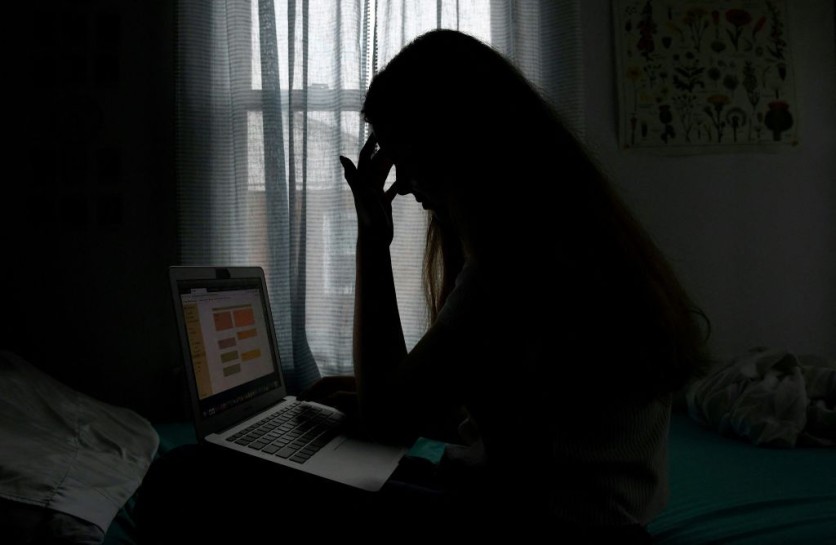A recent study by the CDC's National Center for Health Statistics found that individuals living alone are more likely to report feelings of depression compared to those residing with others. The impact is particularly evident for solitary individuals lacking sufficient social and emotional support.
Based on 2021 National Health Interview Survey data, the study shows the rise in U.S. single-person homes. Between 2012 and 2022, 4.8 million Americans lived alone, rising to 37.9 million. According to NPR, analysis revealed over 6% of those living alone reported depression feelings, contrasting with 4% among those living with others.
Emotional Support's Significance Highlighted
Social scientist Kasley Killam, not involved in the study, emphasized the significance of feeling supported, aligning with broader evidence indicating the pivotal role of social and emotional support in overall health and well-being.
Laryssa Mykyta, the study's author, highlighted positive aspects, with 93% of individuals living alone reporting either no depression or low depressive feelings. The survey gauged respondents' social and emotional support levels, showcasing a stark contrast. Those living alone with minimal support were more prone to depression, while those with support exhibited no significant difference in depression reports, irrespective of living arrangements.

The research emphasizes the importance of social and emotional support for mood and well-being. Social isolation and loneliness, now public health hazards, increase the risk of diabetes, depression, dementia, heart disease, and death.
According to the National Institute of Mental Health, major depression is a common mental condition in the U.S. that may impair everyday functioning.
The 2021 National Survey on Drug Use and Health (NSDUH) found that 21.0 million U.S. adults, or 8.3% of the population, had a major depressive episode in the prior year. Adult women (10.3%) had a greater incidence than men (6.2%).
The CDC reported that over 49,000 Americans committed suicide in 2022, a 3% rise from the previous year. The CDC's National Center for Health Statistics statistician and research lead, Sally Curtin, called this amount the highest ever reported in the nation.
Doomscrolling, Negative Impact of Social Media on Mental Health
TechTimes previously reported a study stating that increased internet usage might signify isolation, while despair and anxiety can cause social retreat. Research shows that passively consuming others' internet information might increase mental health issues, such as loneliness, inadequacy, and missing out.
Online decisions affect digital experiences, and viewing disturbing information may increase stress and anxiety. "Doomscrolling," or repeatedly scrolling through bad social media posts, increased during the epidemic, causing worry, tension, and sadness. Continuous bad news affects sleep, depletes energy, and raises cortisol, affecting mental and physical health.
Experts advice that online behaviors must be identified and managed to improve well-being. Screen time applications may limit digital platform use, promoting deliberate online use. Being aware of physiological sensations helps people comprehend how digital information affects them emotionally. Moreover, it is important to note that emotional well-being requires awareness of unfavorable content's effects throughout constant scrolling.
ⓒ 2025 TECHTIMES.com All rights reserved. Do not reproduce without permission.




